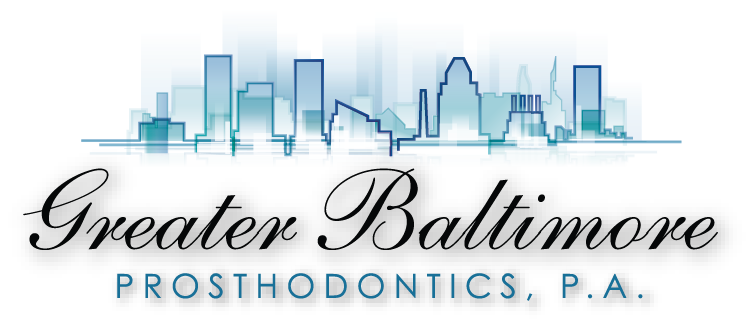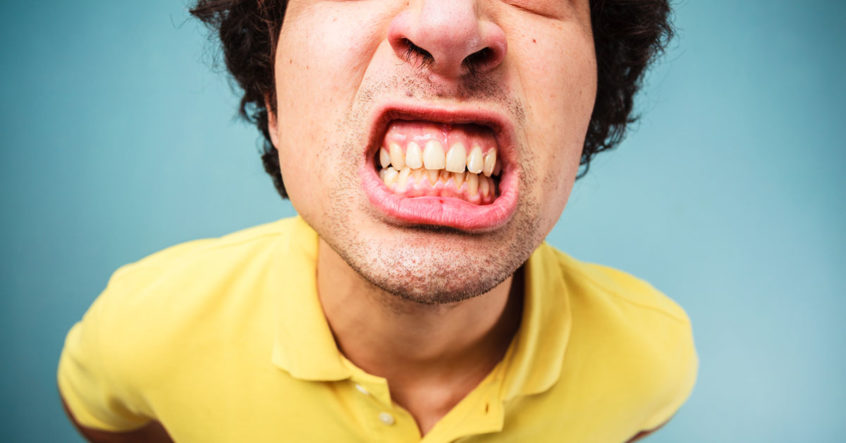Bruxism is a condition that occurs when you unconsciously gnash, clench or grind your teeth. It affects both adults and children and can occur while you are awake or when you are asleep.
While some cases of bruxism are mild, there are many cases in which the bruxism frequently occurs and with such severity that it can result in a wide range of complications. Regardless of how severe your case of bruxism may be, it is important that you can identify the symptoms of the condition and what type of treatments may be able to provide you with relief and limit the damage that can occur to your teeth.
Bruxism Symptoms
- Heightened tooth sensitivity and pain
- Teeth ridges that that are noticeably worn or flattened
- Fractured, loosened or chipped teeth
- Jaw muscles that are tired or taut
- The inability to completely close or open your jaw
- The insides of cheeks that show damage from chewing
- Sleep that is frequently interrupted
- Pain in the neck, face, and jaw that is unaccounted for
- Teeth clenching or grinding that produces sounds loud enough to disturb a sleep partner
- Deterioration of tooth enamel that exposes the inner layers of the tooth
- Dull, throbbing headache that radiates from the temple area
- Pain that resembles an earache
Treatments for Bruxism
For many cases of bruxism, the condition will resolve itself. Adults with bruxism have cases that are so mild that it is unnecessary to undergo some treatment. It is also not unusual for children to outgrow the behavior without having to receive.
However, if you or your child have a severe case of bruxism, there are multiple treatment approaches that are available to you that can stop the effects of the bruxism and that may treat the underlying cause of the condition.
- Anxiety or stress management therapy. If anxiety is a contributing factor to your bruxism, you may benefit from speaking with a licensed counselor. Stress that results in bruxism may be alleviated by engaging in practices that can help you to relax, like mediation.
- Treatment for associated conditions. Your bruxism may be linked to certain medical conditions, such as gastroesophageal reflux disease. Sleeping disorders may also be a cause; Sleep bruxism is classified as a sleep-movement disorder as the people who tend to have bruxism while they are asleep also tend to suffer from other sleep-related disorders, like sleep apnea or snoring. In these cases, receiving treatment for these conditions may resolve your bruxism.
Dental Treatment for the Effects of Bruxism
Your dentist can suggest some dental treatment options for bruxism. Such treatments are not direct treatments for bruxism but can help prevent the complications or restore the damage it has already caused.
- Corrective dental procedures. If the bruxism has significantly altered the shape of your teeth so that you are no longer able to chew correctly or have begun to experience extreme tooth sensitivity, your dentist can install crowns or reshape your teeth.
- Mouth Guards. These devices, which can be made of hard or soft materials, can be used to limit the damage constant grinding and clenching can cause.

